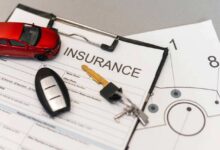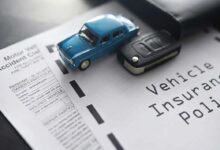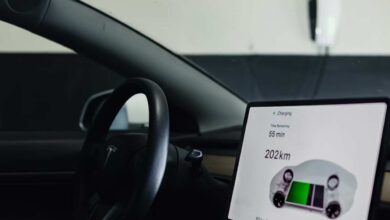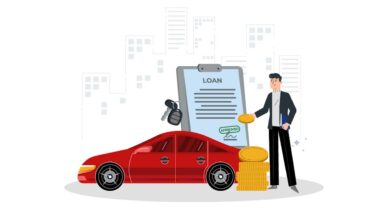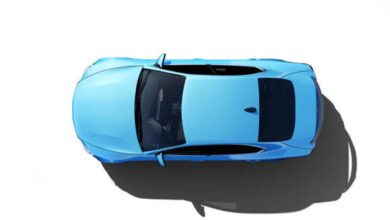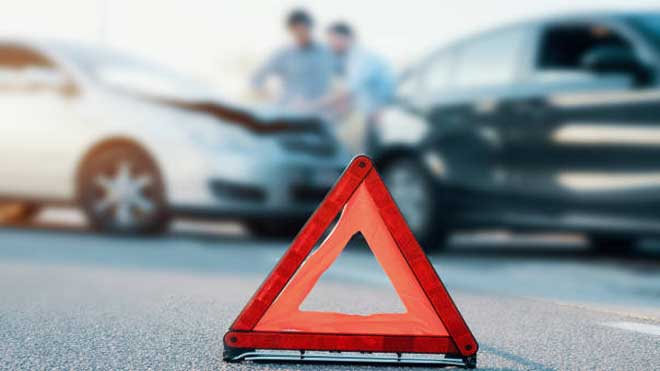 When you get behind the wheel of a car, it is certainly not the case that you expect to end up in an accident for any reason. However, this can happen, and it is important that you know the very best way to respond to it. Of course, a big part of this comes down to the severity of what you have been involved in, but here are a few general steps that you can take.
When you get behind the wheel of a car, it is certainly not the case that you expect to end up in an accident for any reason. However, this can happen, and it is important that you know the very best way to respond to it. Of course, a big part of this comes down to the severity of what you have been involved in, but here are a few general steps that you can take.
Stop the Car
First of all, it is important that you stop the car. This should be done in a safe place wherever possible. For example, if you are on a busy highway and can drive, you will want to find somewhere along the hard shoulder. Bear in mind that you are legally required to stop the vehicle – no matter how minor the accident may initially appear. Not only is this a legal requirement, but you may also find that you are in a state of shock, and you should not be driving at this time. Also, any injuries may not be initially apparent at this stage. You should turn on the hazard lights of your vehicle and switch off the engine as well.
Check for Injuries
Your next step should be to assess yourself and any passengers that you were transporting for injuries. If it is necessary, you should call an ambulance. This is particularly likely if you have been involved in a serious accident or if there are head injuries involved at all. Ultimately, you are better off having the injuries checked over by a trained professional if you are unsure, as they will be better placed to tell you the severity of what has occurred.
Exchange Details with Those Involved
This is when you will need to speak to anybody else who has been involved in the accident to exchange details regarding your insurance and any other personal contact info. If there were witnesses involved, you may also want to collect their details to corroborate any disputes along the way. You should also contact the authorities as it is a requirement that you report any accidents directly to them. The police officer that arrives will create the vehicle incident police report. It may also be helpful to take some photos of the scene, damages, and injuries.
Deal with Everything Else Later
There is likely to be a lot flying through your mind at this time, so you need to allow yourself to relax. This is important if you are going to drive away from the scene yourself. If not, you may need to get somebody else to pick you up. Further down the line, you may need to contact your insurer and a personal injury attorney to get this side of things handled.
These steps represent an effective way to respond to a vehicle accident and deal with the emotional, physical, and administrational toll that this takes. All accidents are different in severity and form, so it might be necessary to do other things as well. However, doing these three tips will ensure that you’re responding to an accident in a healthy, measured way.
